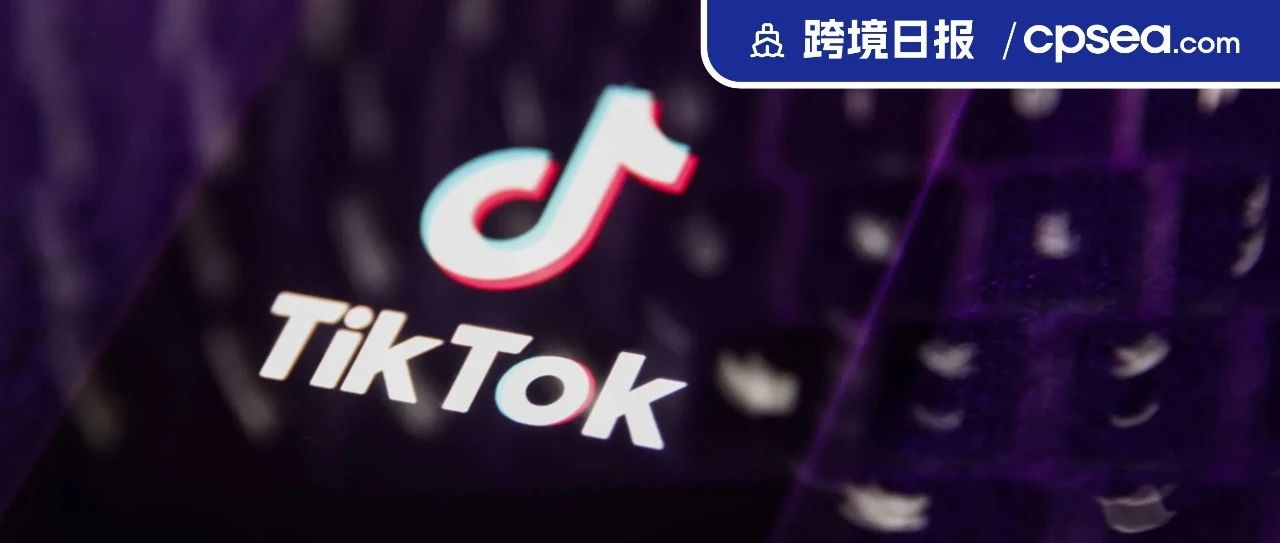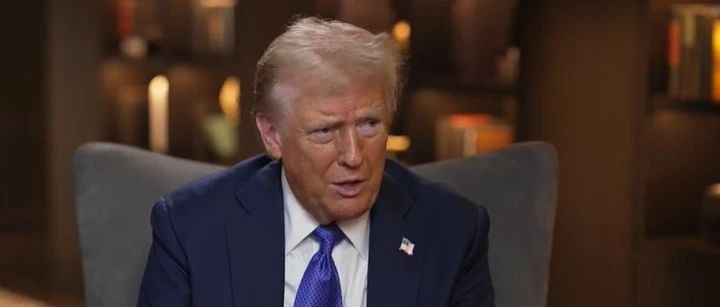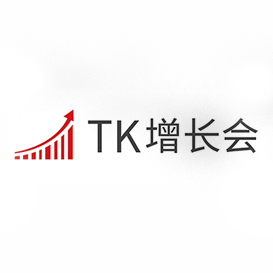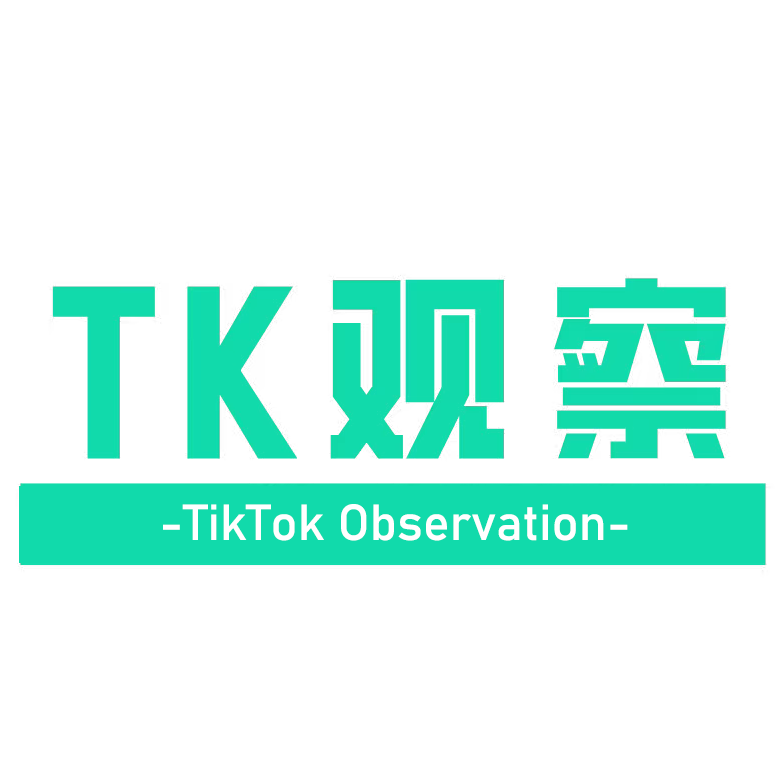Turning TikTok views into Malaysian votes

TKFFF · 2024-06-20 16:21
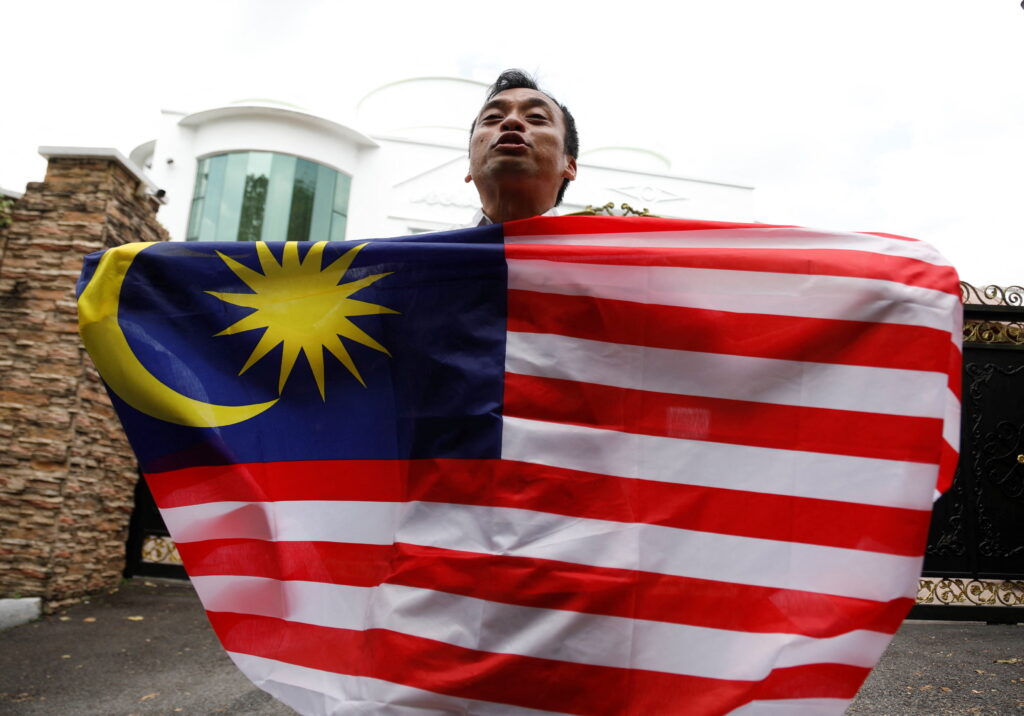 TikTok's role in Malaysian politics is complex. While it played a part in the Malaysian Islamic Party's surprising victory in the 2022 general election, its might be less impactful than initially thought. While Malaysian politicians will continue using TikTok, its ability to sway young voters depends on reaching beyond algorithmic echo chambers.
Malaysia’s state elections in August 2023 convinced many that TikTok was the country’s new political zeitgeist, but it might be a weaker force than people originally thought.
TikTok became a major talking point in Malaysian politics following the 15th general election in November 2022, which foreign and domestic commentators dubbed the ‘TikTok election’ because it was the first since the voting age was lowered from 21 to 18. The Malaysian Islamic Party (PAS) emerged with the most seats, a result that surprised. Although there were a number of factors behind this win, the use of TikTok was commonly viewed as significant.
Approximately 53.8 per cent of Malaysians use TikTok and 67.2 per cent of Malaysia’s internet users are aged 20–40. Every major political party established a social media presence ahead of the election. PAS and their allies also benefited from third-party accounts that racked up millions of views by publishing pro-PAS content and endorsing the party’s candidates such as Muhyiddin Yassin, whom PAS endorsed for prime minister.
At first glance, TikTok campaigning seemed to have been the winning trick behind the PAS win. But the 2023 state elections raise questions about this narrative. Though the governments remained unchanged, PAS and their allies gained in all six states. The overall engagement with TikTok users during the 2023 state election cycle was far lower than in 2022. Pro-PAS accounts produced more content but attracted much less engagement ahead of the 2023 state elections. This suggests that there are other, more important factors at play when it comes to winning vote.
TikTok, like any other social media platform, needs to retain users to stay profitable. It does so by curating a feed that its algorithm predicts a user will like. But this often causes TikTok’s algorithm to only display videos in political alignment with the user, pushing people further in the direction of their preexisting political views. This can escalate from, for example, self-improvement videos, to misogynist, hypermasculine media.
This may help explain why TikTok helped galvanise youth support for PAS in the 2022 general election. PAS has been consistently vocal on TikTok and TikTok’s algorithm shows users content that is ideologically in line with their predispositions. PAS has thus had higher salience among the politically-interested and an advantage over its more moderate counterpart, the United Malays National Organisation.
Although Malaysia’s 2022 general election highlighted the potency of TikTok’s algorithm at play, it had less in the 2023 state elections. TikTok seems less reliable as a political tool, especially when coupled with factors such as the exhaustion of the electorate from back-to-back elections. TikTok’s algorithm relies on learning a users’ preferences to redirect them to related material, allowing it to serve as a platform for small or fringe organisations, as in the 2022 general election.
Relying on TikTok’s algorithm is a gamble for political parties and requires a strong understanding of political sentiment across the country. It is a minor factor in swaying voters and determining elections because it really serves to amplify existing political sentiment, shaped by perceptions of government approval, economic prosperity and other factors, rather than create a new constituency of voters.
Malaysia is not alone in experiencing the rise of social media campaigning. Its regional neighbours provide insight into possible future trends. Indonesia’s 2024 presidential election saw ‘political buzzers’ — paid groups saturating social media platforms with political propaganda. These large-scale social media campaigns favour larger parties with greater funding and make use of social media algorithms to create echo chambers.
In India, the ruling Bharatiya Janata Party used large-scale social media operations as part of its campaign efforts, distributing party propaganda across millions of WhatsApp groups, among other social media platforms. This propaganda overload allowed fake news and hate speech to slip through fact-checking protocols from Meta (Facebook) and Google. The problem is a compelling case for new laws or government bodies to prevent the spread of fake news.
The rise of social media campaigning in Malaysia raises both opportunities and concerns for political parties. Mass content production is a likely new avenue for campaigning political parties.
Malaysian politicians will continue to look to TikTok and other social media platforms to give themselves an edge in elections. But these platforms may prove to only be a minor factor in winning over a new generation of voters as social media algorithms’ reliance on mainstream views and political sentiment serve only to entrench pre-existing political views.
TikTok's role in Malaysian politics is complex. While it played a part in the Malaysian Islamic Party's surprising victory in the 2022 general election, its might be less impactful than initially thought. While Malaysian politicians will continue using TikTok, its ability to sway young voters depends on reaching beyond algorithmic echo chambers.
Malaysia’s state elections in August 2023 convinced many that TikTok was the country’s new political zeitgeist, but it might be a weaker force than people originally thought.
TikTok became a major talking point in Malaysian politics following the 15th general election in November 2022, which foreign and domestic commentators dubbed the ‘TikTok election’ because it was the first since the voting age was lowered from 21 to 18. The Malaysian Islamic Party (PAS) emerged with the most seats, a result that surprised. Although there were a number of factors behind this win, the use of TikTok was commonly viewed as significant.
Approximately 53.8 per cent of Malaysians use TikTok and 67.2 per cent of Malaysia’s internet users are aged 20–40. Every major political party established a social media presence ahead of the election. PAS and their allies also benefited from third-party accounts that racked up millions of views by publishing pro-PAS content and endorsing the party’s candidates such as Muhyiddin Yassin, whom PAS endorsed for prime minister.
At first glance, TikTok campaigning seemed to have been the winning trick behind the PAS win. But the 2023 state elections raise questions about this narrative. Though the governments remained unchanged, PAS and their allies gained in all six states. The overall engagement with TikTok users during the 2023 state election cycle was far lower than in 2022. Pro-PAS accounts produced more content but attracted much less engagement ahead of the 2023 state elections. This suggests that there are other, more important factors at play when it comes to winning vote.
TikTok, like any other social media platform, needs to retain users to stay profitable. It does so by curating a feed that its algorithm predicts a user will like. But this often causes TikTok’s algorithm to only display videos in political alignment with the user, pushing people further in the direction of their preexisting political views. This can escalate from, for example, self-improvement videos, to misogynist, hypermasculine media.
This may help explain why TikTok helped galvanise youth support for PAS in the 2022 general election. PAS has been consistently vocal on TikTok and TikTok’s algorithm shows users content that is ideologically in line with their predispositions. PAS has thus had higher salience among the politically-interested and an advantage over its more moderate counterpart, the United Malays National Organisation.
Although Malaysia’s 2022 general election highlighted the potency of TikTok’s algorithm at play, it had less in the 2023 state elections. TikTok seems less reliable as a political tool, especially when coupled with factors such as the exhaustion of the electorate from back-to-back elections. TikTok’s algorithm relies on learning a users’ preferences to redirect them to related material, allowing it to serve as a platform for small or fringe organisations, as in the 2022 general election.
Relying on TikTok’s algorithm is a gamble for political parties and requires a strong understanding of political sentiment across the country. It is a minor factor in swaying voters and determining elections because it really serves to amplify existing political sentiment, shaped by perceptions of government approval, economic prosperity and other factors, rather than create a new constituency of voters.
Malaysia is not alone in experiencing the rise of social media campaigning. Its regional neighbours provide insight into possible future trends. Indonesia’s 2024 presidential election saw ‘political buzzers’ — paid groups saturating social media platforms with political propaganda. These large-scale social media campaigns favour larger parties with greater funding and make use of social media algorithms to create echo chambers.
In India, the ruling Bharatiya Janata Party used large-scale social media operations as part of its campaign efforts, distributing party propaganda across millions of WhatsApp groups, among other social media platforms. This propaganda overload allowed fake news and hate speech to slip through fact-checking protocols from Meta (Facebook) and Google. The problem is a compelling case for new laws or government bodies to prevent the spread of fake news.
The rise of social media campaigning in Malaysia raises both opportunities and concerns for political parties. Mass content production is a likely new avenue for campaigning political parties.
Malaysian politicians will continue to look to TikTok and other social media platforms to give themselves an edge in elections. But these platforms may prove to only be a minor factor in winning over a new generation of voters as social media algorithms’ reliance on mainstream views and political sentiment serve only to entrench pre-existing political views.
文章来源:eastasiaforum


TKFFF公众号
扫码关注领【TK运营地图】

TKFFF合作,请扫码联系!

文章来源: 文章该内容为作者观点,TKFFF仅提供信息存储空间服务,不代表TKFFF的观点或立场。版权归原作者所有,未经允许不得转载。对于因本网站图片、内容所引起的纠纷、损失等,TKFFF均不承担侵权行为的连带责任。如发现本站文章存在版权问题,请联系:1280199022@qq.com
分享给好友:

